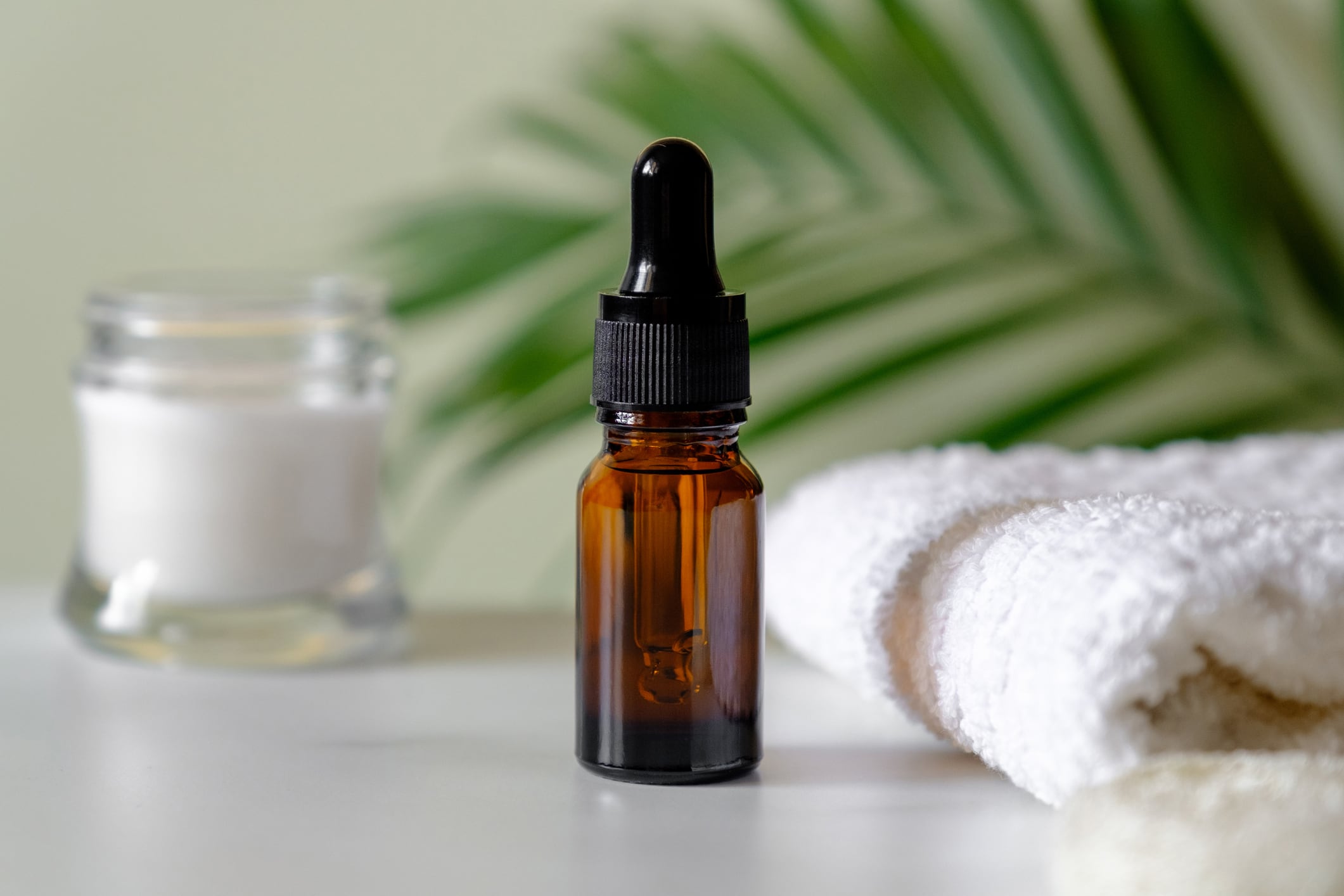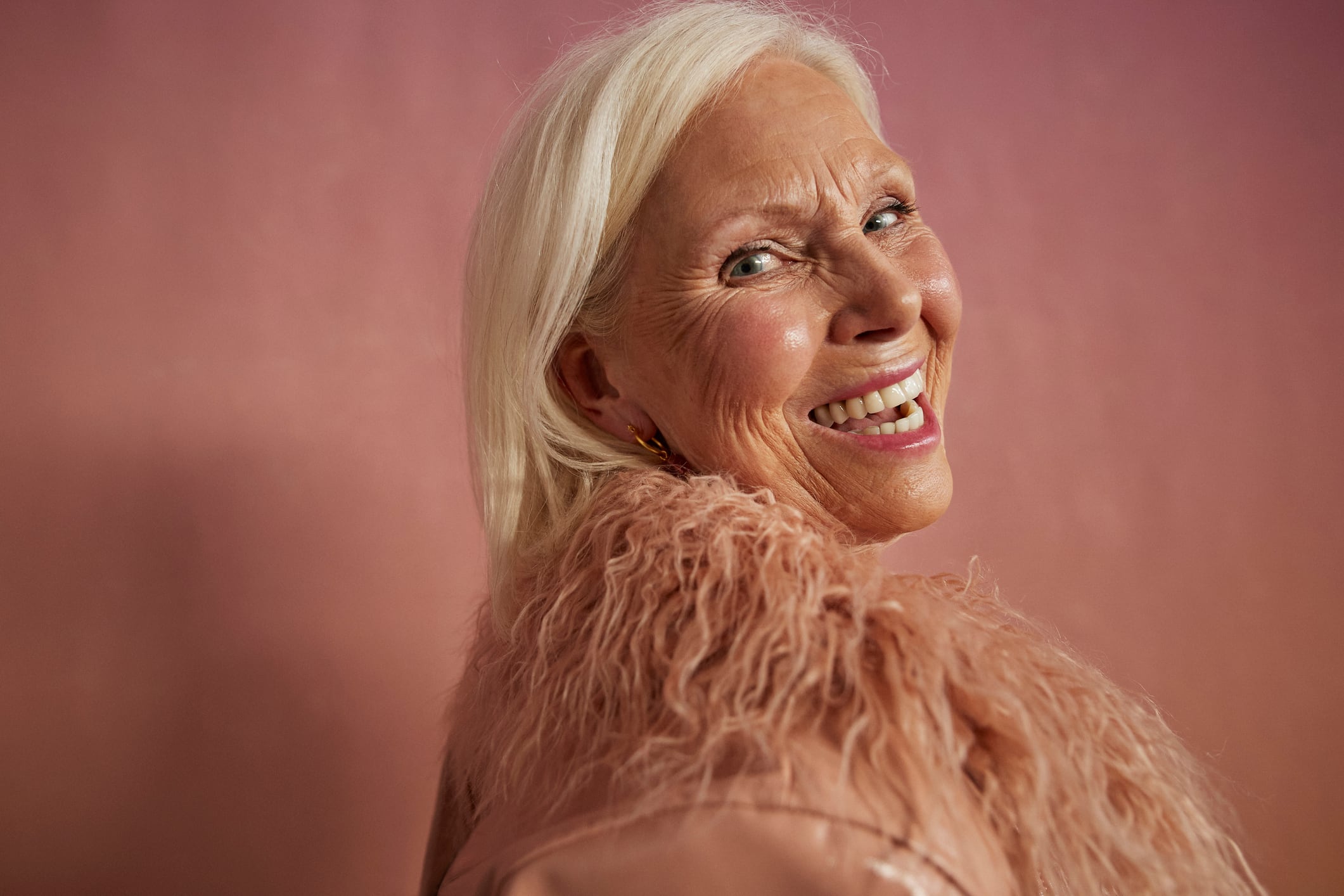After years of research using modern biotechnology, the Mibelle Group, LanzaTech, and Fraunhofer IGB have produced a palm-oil-free fat from CO₂, offering a new option for cosmetics formulators and brands who want to sustainably replace palm oil in cosmetics.
While palm oil has long been an essential raw material in cosmetics, its cultivation has led to large-scale rainforest deforestation, threatening animal and plant species and releasing significant amounts of stored CO₂.
While in recent years, the cosmetics industry has primarily sourced palm oil from certified, sustainably managed crops, this is not a long-term solution that can support the growing demand for sustainably made beauty products.
Two fermentation processes
To develop the new technology, the three organisations said they have combined two successive fermentation processes to convert CO₂ into a palm-oil-free fat blend. They claim that the resulting fat is so similar to palm oil it could replace tropical oils in many future applications.
The gas, which would otherwise be released as CO₂ is first converted into alcohol using biotechnology via a gas fermentation process that was developed by LanzaTech. The firm said that this process is “comparable to beer production, except that CO₂ is used as the raw material instead of grain.”
For the second fermentation process, primarily developed by Fraunhofer IGB, the alcohol produced from CO₂ is converted into the desired fats by specialised oil yeasts.
Both processes use only natural, non-genetically modified microorganisms, and the resulting product is an all-natural, 100% palm-free, multi-purpose fat with excellent nourishing properties.
CEO of the Mibelle Group Peter Müller said the breakthrough allows the trio to “set new standards for the entire industry.”
“It underscores our commitment to taking responsibility for the future of our planet while making supply chains more robust,” he said.
Following successful laboratory and application tests, the partners are now launching industrial-scale production of the palm oil-like fat blend. The fermentation processes are gradually being scaled up at the Fraunhofer Centre for Chemical and Biotechnological Processes (CBP) in Leuna, a division of Fraunhofer IGB.
Susanne Heldmaier, Head of Research and Technical Innovation at the Mibelle Group, said this is an important milestone that will enable the company to obtain the first quantities of a high-quality fat.
“This will allow us to develop cosmetic products that not only protect our skin, but also contribute to environmental protection,” she said. “In future, with the support of our raw material suppliers, we hope to convert more and more palm oil-based raw materials to this sustainable solution.”
Previously, Mibelle Group and LanzaTech joined forces to create a recycled product that converted CO₂ into ethanol (alcohol), a raw material that is used in large quantities for the production of household cleaning products.
Potential for CO₂ recycling technology
The Mibelle Group said it also recognises the great potential of new CO₂ recycling technology.
“In the cosmetics sector, alcohol obtained from recycled CO₂ is expected to replace all conventionally produced alcohol in the medium term,” the company said.
“This technology is not limited to products alone, but also applies to packaging, which is largely made of PET and PE—polymers produced either from petroleum or from alcohol obtained via CO₂ recycling."





